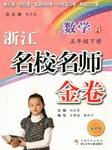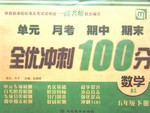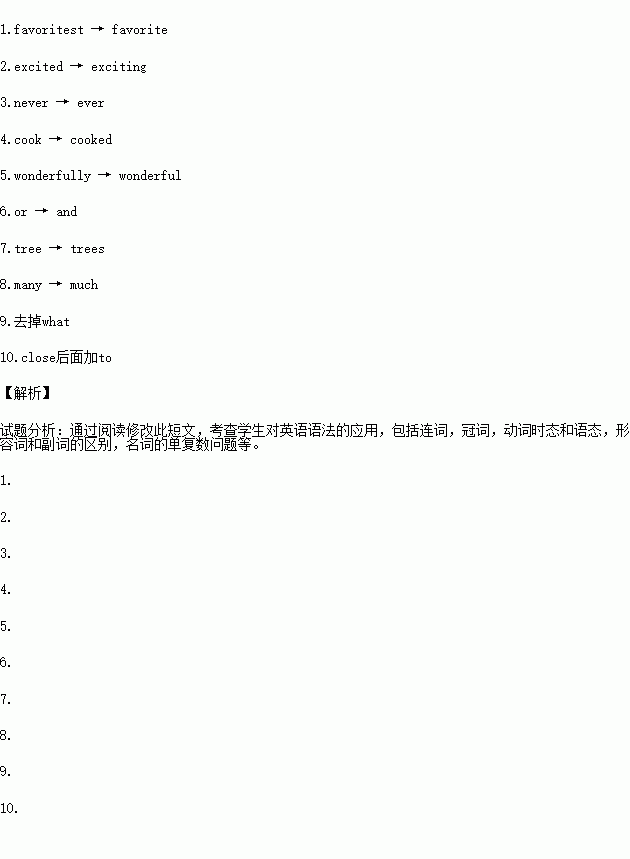题目内容
短文改错
请改正下面短文中的错误。文中共有10处语言错误,每句中最多有两处。每处错误仅涉及一个单词的增加、删除或修改。
增加:在缺词处加一个漏字符号(∧),并在其下面写出该加的词;
删除:把多余的词用斜线(\)划掉;
修改:在错的词下画一横线,并在该词下面写出修改后的词。
注意:1.每处错误及其修改均仅限一词;
2.只允许修改10处,多者(从第11处起)不计分。
I love camping. It is my favoritest way to spend the summer vacation. Last year, my family and I went camping in the countryside. It was one of the most excited experiences I had never had. We slept in a tent and went on a long walk every day. We cook over a fire and the food always tasted wonderfully. For a whole week, I saw lovely mountain views or breathed fresh air. At night, I heard the gentle wind blowing in the tree, and I felt so peaceful. It doesn’t cost many to camp, and what I believe it’s the best way to get close nature and enjoy its beauty.
练习册系列答案
 浙江名校名师金卷系列答案
浙江名校名师金卷系列答案 全优冲刺100分系列答案
全优冲刺100分系列答案
相关题目


 people eat food in 7. shape of skulls and cakes with "bones" on them.They offer food, flowers and gifts to the deaD. The Western holiday Halloween also had 8.origin in old beliefs about the return of the spirits of dead people.It is now a children's festival, 9.they can dress up and go to their neighbors' homes to ask for sweets.The Dragon Boat Festival in China honors the famous ancient poet, Qu Yuan.I
people eat food in 7. shape of skulls and cakes with "bones" on them.They offer food, flowers and gifts to the deaD. The Western holiday Halloween also had 8.origin in old beliefs about the return of the spirits of dead people.It is now a children's festival, 9.they can dress up and go to their neighbors' homes to ask for sweets.The Dragon Boat Festival in China honors the famous ancient poet, Qu Yuan.I